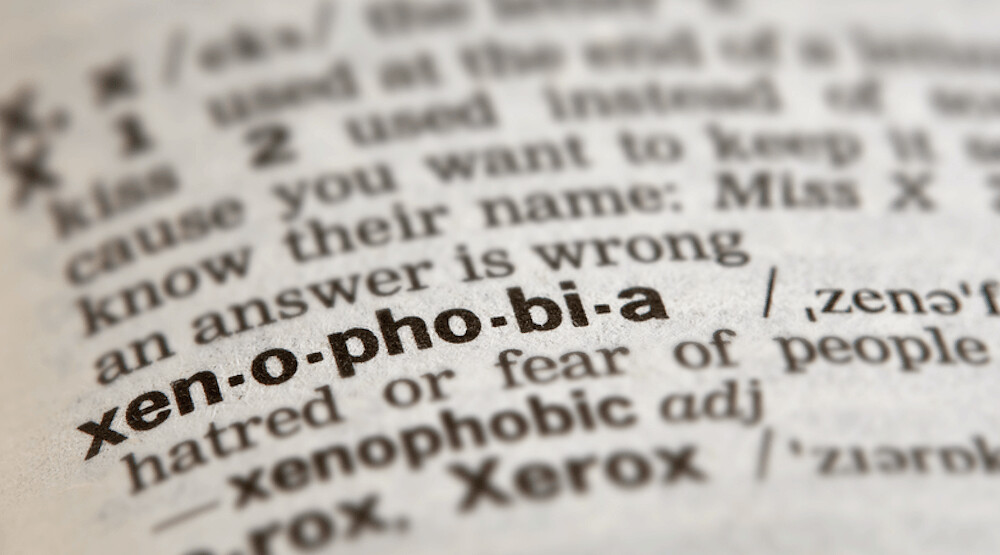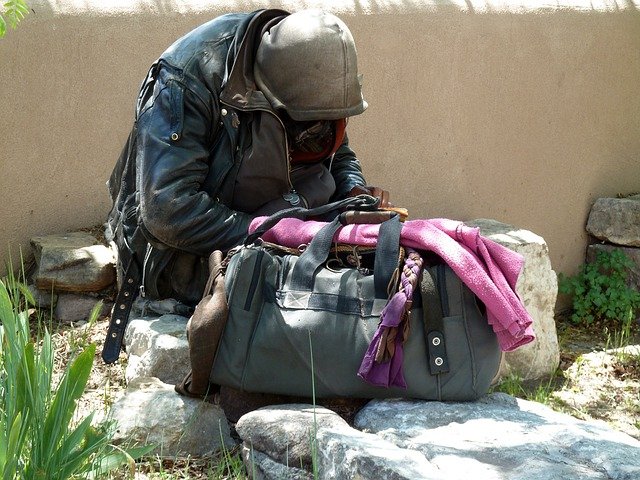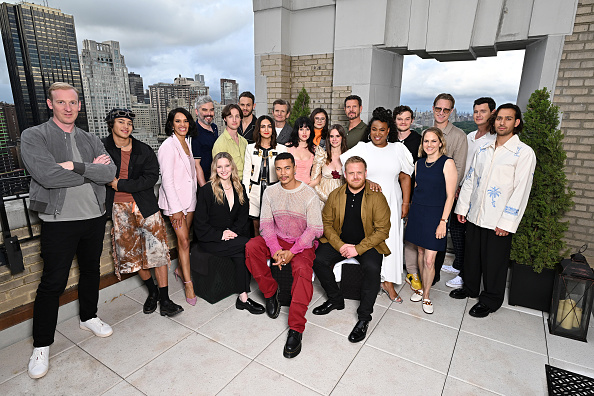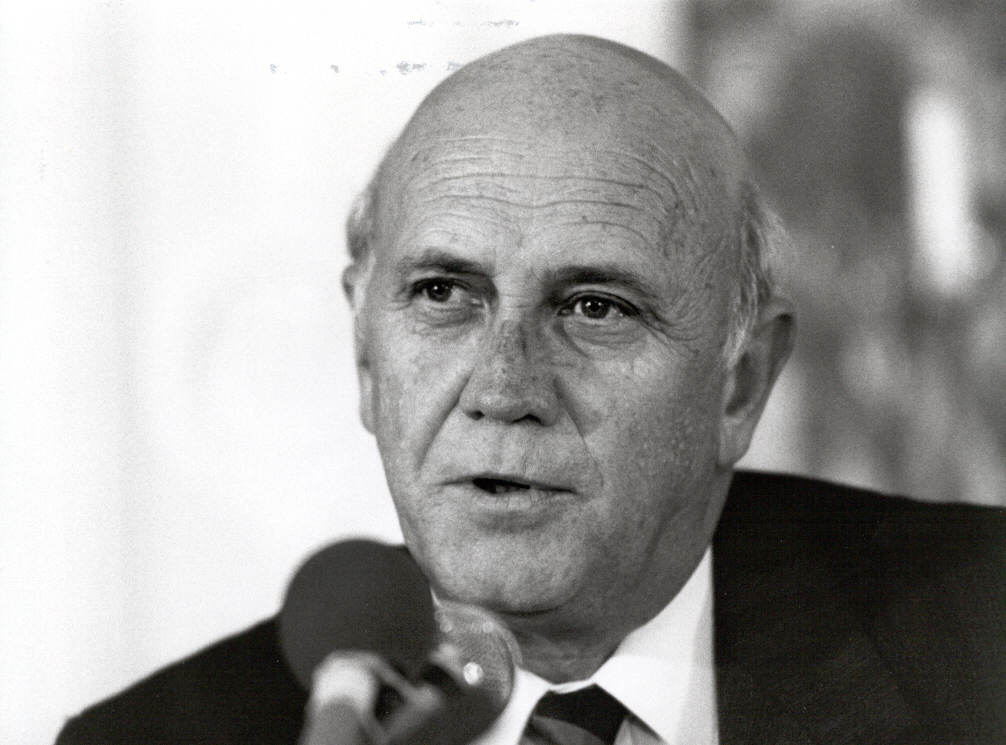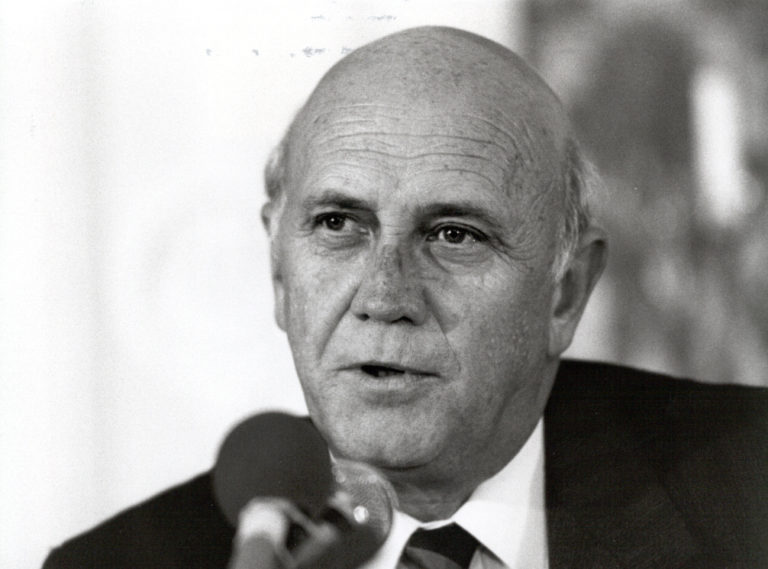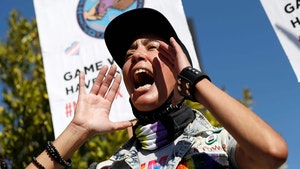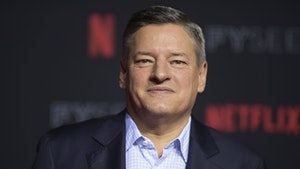Ramaphosa calls for Xenophobic violence to end
Faith Nketsi recently tweeted that a Malawian gardener who worked for her mother stole their belongings. According to Nketsi, they embraced the Malawian family as if they were their own.
This event sparked a Twitter discussion. Some individuals questioned whether or not we should assign a nationality to crimes, while others suggested that we should rather recruit South Africans.
Meanwhile, President Cyril Ramaphosa gave his address at the Union buildings on Heritage Day. And despite the fact that he was not reacting to Nketsi’s post, he reminded South Africans of the term Ubuntu. According to Ramaphosa, Ubuntu is part of South Africa’s tradition and should be extended to people from other African nations.
Xenophobia inconsistent with our values – Ramaphosa during Heritage Day address – News24
Ubuntu is part of South Africa’s tradition, according to President Cyril Ramaphosa, and should be extended to people from other African nations.
In response to xenophobic attacks and a narrative about foreign nationals promoted by certain political leaders, Ramaphosa preached a message of ubuntu on Heritage Day.
Faith Nketsi accuses gardener of theft: ‘Treated them like our own’ – The South African
The South African reports that Faith Nketsi aimed at an ex-employee she accused of stealing from her mother’s residence days after announcing that burglars had stolen two of her Chanel purses.
She alleged on Twitter that a former Malawian gardener had broken into her home and then fled. Faith Nketsi intended to relate her story of being scammed, but instead sparked xenophobic sentiments among her followers.
5 xenophobic myths about immigrants in South Africa debunked by researchers – The Conversation
Anthony Kaziboni writes for The Conversation that more than 900 violent xenophobic attacks have been documented in South Africa since 1994, resulting in at least 630 deaths, the relocation of 123,700 individuals, and the looting of around 4,850 establishments.
The outbreak of xenophobic violence challenges societal stability and cohesiveness, tolerance, the South African constitution, and the social fabric upon which the nation’s democracy is built.
Image credit: Flickr

